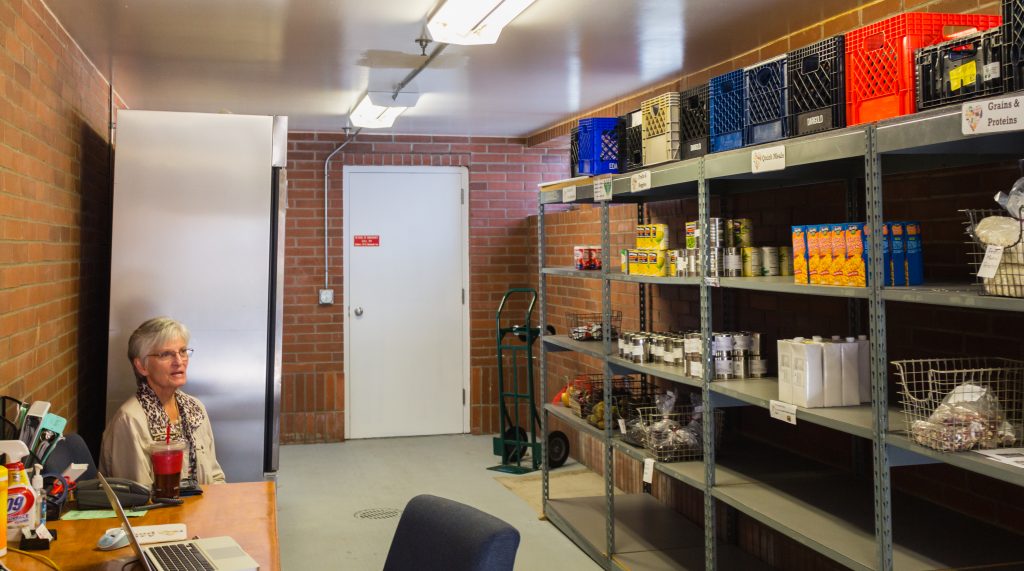
Rebecca Meyers | Lifestyle editor
As many students are stuck in the limbo between living with their parents or guardians and becoming fully fledged adults out on their own, there are many life lessons they need to tackle between point A and point B. Of these lessons, learning how to manage personal finances and a credit score is one of them. This task can seem intimidating, but breaking it down into main points to deal with can help with avoiding a crisis.
Knowing the basics is an important first step in credit management. Future purchases, such as cars and houses, are affected by financial decisions made now. Student loans, for example, are one way that many students are faced with the need to understand personal finances and credit. This often leads to questions like the difference between subsidized and unsubsidized loans or which credit card to get, as most people at some point will apply for a credit card.
Plenty of scary stories about the dangers of credit cards have been passed around, but these stories are worth telling if it means those new to credit approach their finances with caution. Part of the above mentioned education on the basics should include the tip that it’s not necessarily a good idea to get a credit card with the intention of paying off only the minimum amount each period or of adding more expenses to daily life with the acquisition of a credit card rather than using it to help with existing expenses. It all has to be paid back eventually, and spending more than can be paid back immediately can be risky.
If there’s uncertainty still about financial and mental preparedness for adding more bills to the pile, reconsidering which are really needed can save some time and effort. If the main goal for getting a credit card is to build up good credit, keep in mind that there are other ways to earn a good credit score. Paying rent and making payments to student loans are both other ways that credit will build up without a credit card.
On the other hand, another thing to consider for those needing to apply for a loan or a credit card is that people with little to no credit will likely have trouble getting approved without a cosigner. This means, for example, that students needing an extra loan may not be able to get one unless a family member signs on, and that it would be a good idea to discuss plans early on.
Asking for help in situations like this may not be everyone’s first choice, but it’s not an uncommon necessity. When it starts to feel overwhelming, remember that, though it does take personal effort and educating to nail money management, there are plenty of resources to consult.
Contact the author at howllifestyle@wou.edu
Illustration by Rachel Hetzel














